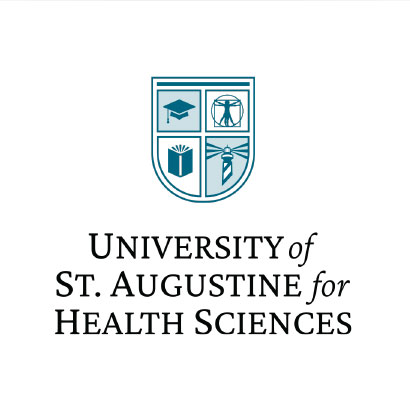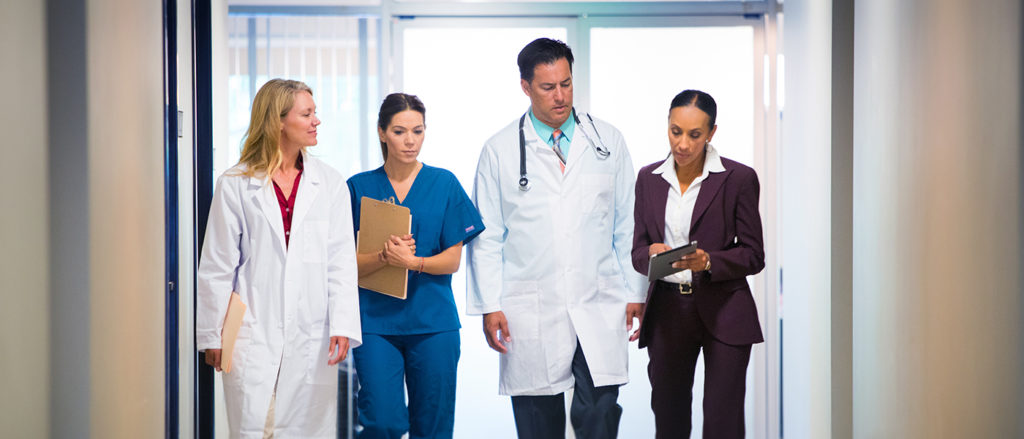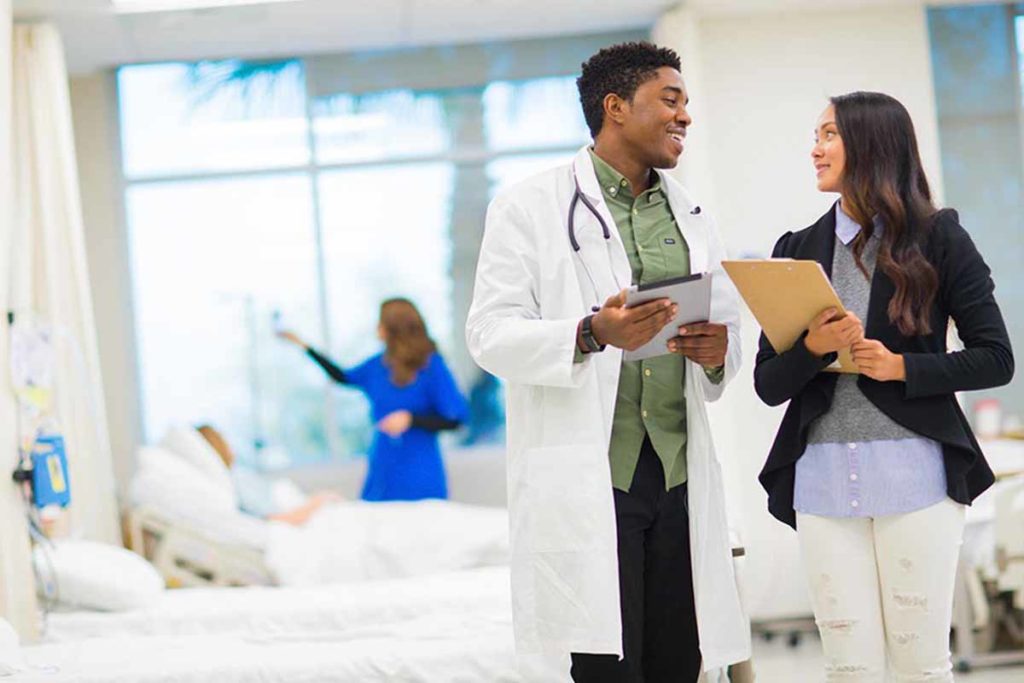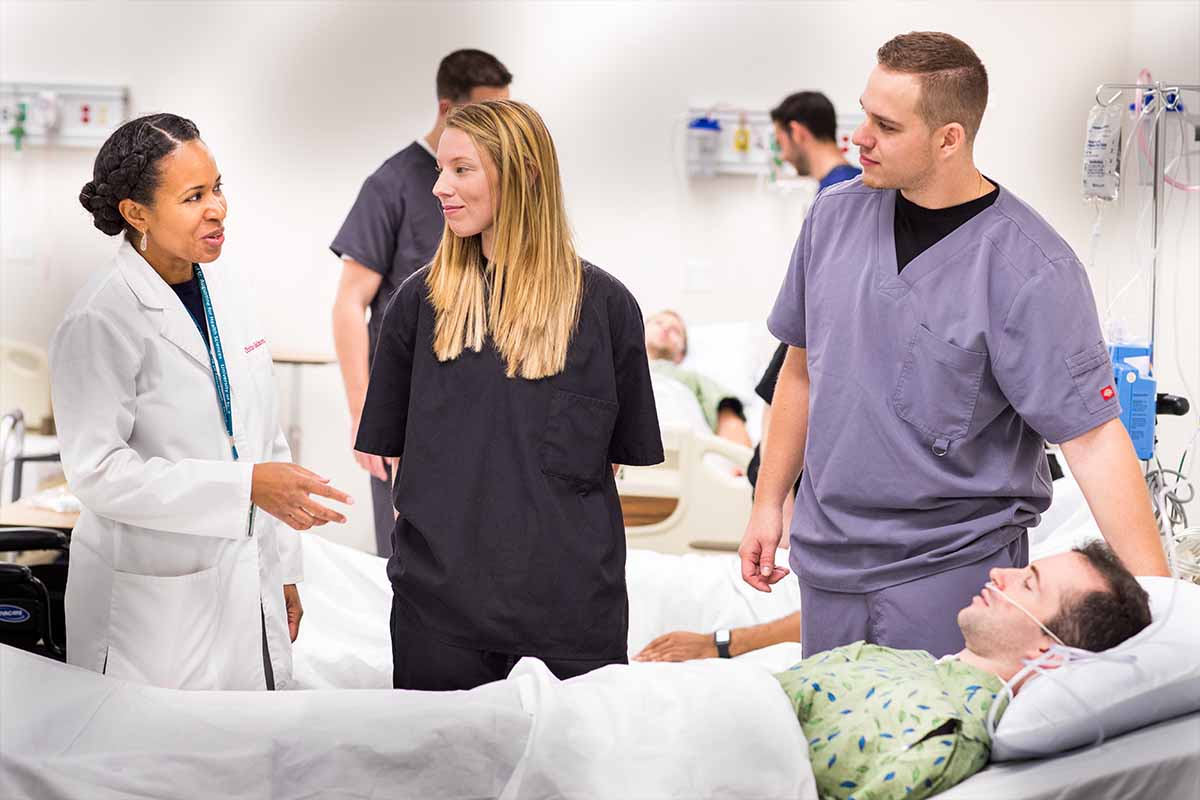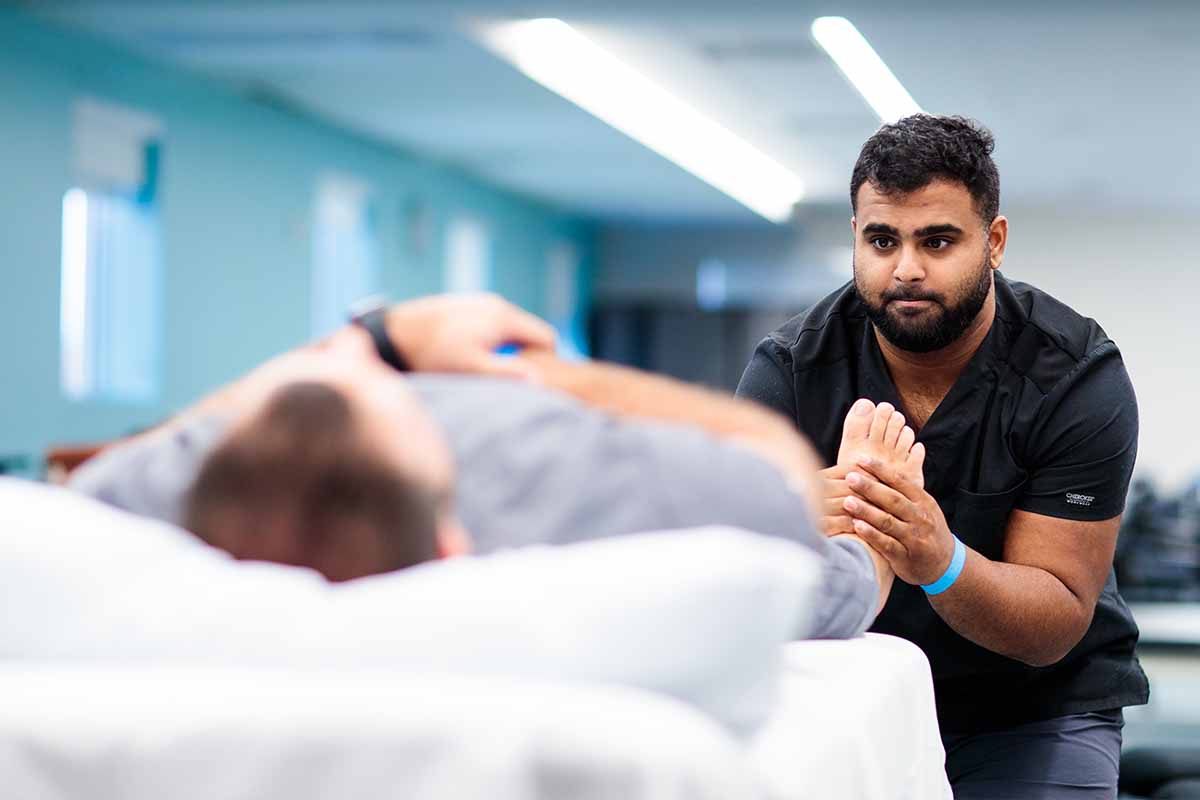USAHS Guidance on Travel
- All students and employees who have traveled (either business or personal) since February 15, 2020 should complete and submit a travel history form.
- The University has enacted guidelines limiting all non-essential travel until the coronavirus outbreak has been stabilized. All non-essential travel can be replaced by utilizing teleconference technology available to all employees through Ring Central.
- If you have a trip planned, please consult with your supervisor to determine if that travel is necessary.
- As a reminder, all employees must book travel through the Concur portal
- If your travel is deemed necessary, please heed the CDC’s preventative measures to lower your risk.
What is Non-Essential Travel?
Travel is considered non-essential if it can be postponed to a later date and/or can be handled effectively by video or telephone conference. Employees should use their best judgement as safety and wellness are our primary concerns. Concern about the expense to reschedule a flight or travel logistics should not impact your decision. For faculty who plan to attend conferences that have already been booked, please use your own best judgement. It is suggested that faculty wait to register for conferences happening later in the year.
Travel Abroad
University-sponsored trips to regions identified as a Level 3 risk or above risk by the CDC have been cancelled. If you have travel plans, be sure to check for travel restrictions that may have been issued as a result of coronavirus. The situation continues to evolve rapidly.
If you travel internationally, be prepared for delays in return travel, mandatory health screenings, flight cancellations, or isolation measures — including the possibility of a required 14-day quarantine, before returning to campus.
Because we have an obligation to ensure appropriate measures for the health of our campus communities, any employees with business or personal plans to travel abroad within the next 90 days must notify their supervisor with detailed information. Students are asked to contact their student success advisor. All students and employees are required to submit a travel history form prior to returning to campus after any travel (domestic or international).
State agencies are requiring that all employees and students returning from a region flagged by the CDC as a Level 3 risk or above self-quarantine for 14 days prior to returning to campus. These employees and students are strongly recommended to contact their health care provider for guidance and abide by all local health department guidelines. Employees should contact their local HR representative to determine the proper course of action if they are returning from one of these regions. Students should contact Student Services by calling 760.410.5407.
